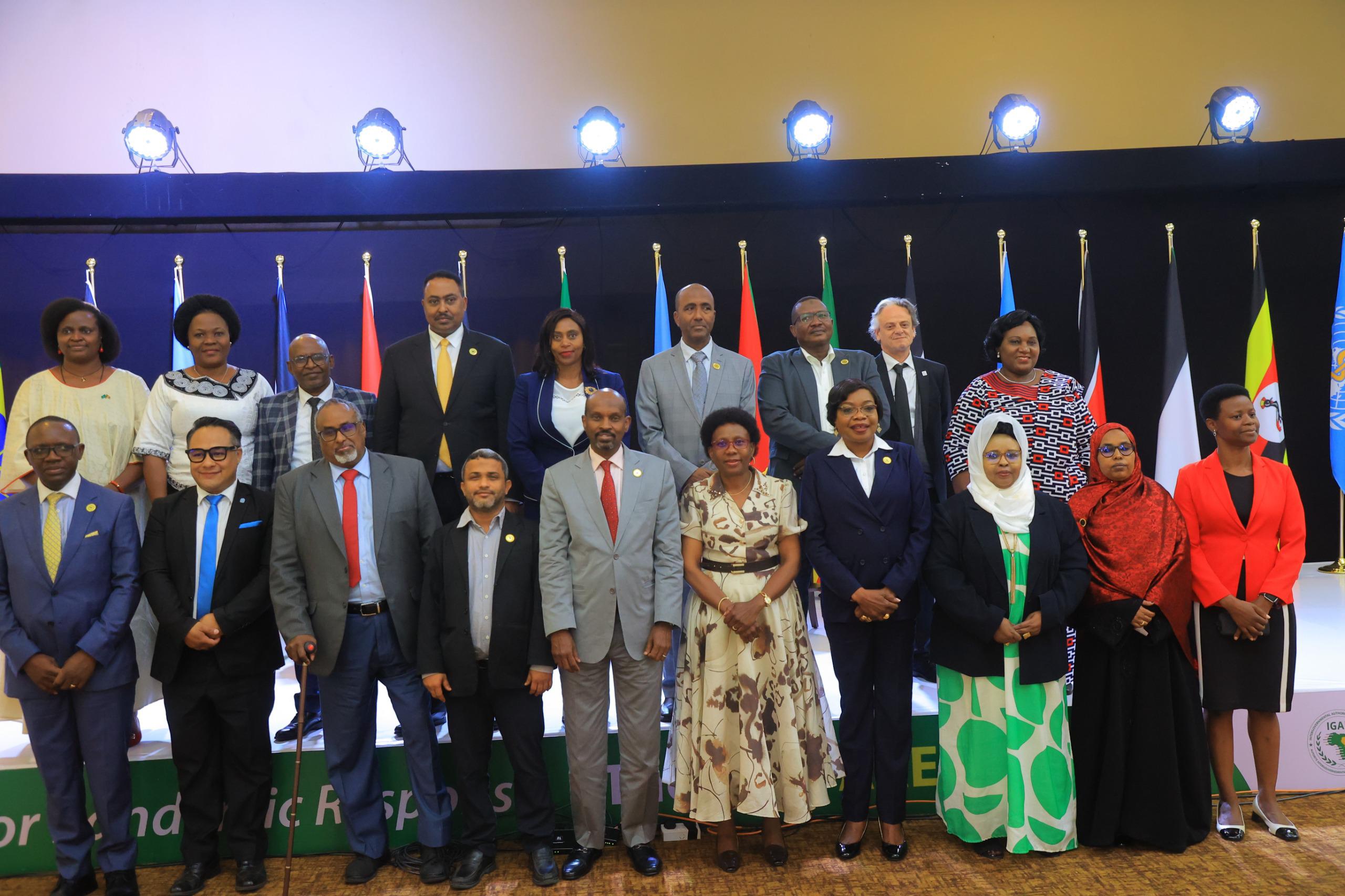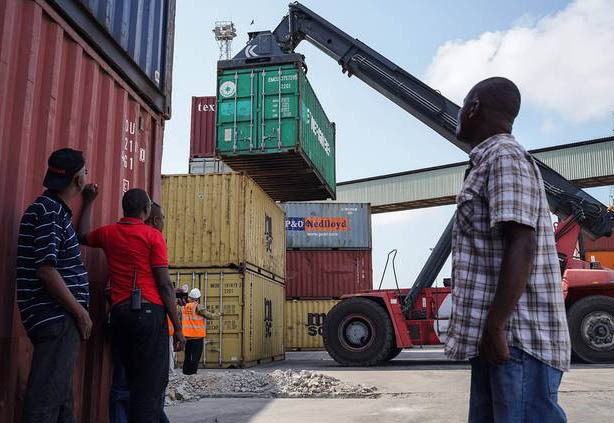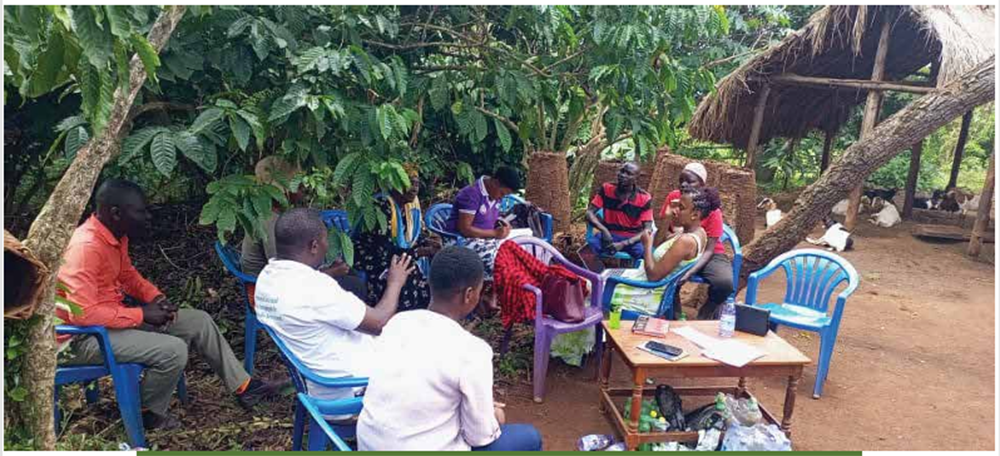The minister of Health, Dr. Jane Ruth Aceng, has called on member countries of the Intergovernmental Authority on Development (IGAD) to adopt flexibility in their collaborative efforts to combat regional health emergencies.
She emphasized the need for resources to support community system strengthening and cross-border surveillance to address pandemic outbreaks in the region.
Speaking at the launch of the Preparedness for Pandemic Response (PREPARE) project at Speke Resort Munyonyo Conference Centre, Dr. Aceng said the project, funded by the World Bank through the Pandemic Fund Secretariat for three years, with the World Health Organization (WHO), IGAD, offers a critical opportunity.
“As we strengthen our collaborations to prepare for future pandemics, I urge the IGAD Secretariat to be flexible and provide resources for on-the-ground operations. As you are aware, these resources often come in the form of commodities, yet we have already received such commodities from other donors,” Aceng said.
She noted that the PREPARE project provides a platform to enhance control and capacity building for transboundary health systems using a One Health approach. Dr. Aceng reminded member countries that through joint collaboration, Uganda successfully combated the Ebola outbreak, built sustainable capacity for health workers, and controlled related outbreaks despite the IGAD region’s vulnerability to pandemics such as Ebola and mpox.
Dr. Aceng explained that the project will address gaps in information sharing, workforce development, research, and multisectoral collaboration. These efforts have already yielded a return on investment, reducing mpox cases through immunization, surveillance, provision of assorted supplies, and effective case management.
She urged member countries to address inadequate investment in cross-border surveillance, early warning systems, limited laboratory capacities, and underutilization of evidence-based advocacy and multisectoral coordination.
Dr. Workneh Gebeyehu, Executive Secretary of the seven-member IGAD bloc—comprising Uganda, Ethiopia, Sudan, South Sudan, Somalia, Kenya, and Djibouti—proposed including youth in institutional capacity development and improving equipment capabilities to align with the evolving health sector.
He noted that the region remains fragile due to conflicts, drought, pandemics, and other disasters, making collaboration among member states a priority. Dr. Gebeyehu commended the Ugandan government for successfully combating smallpox, COVID-19, and other outbreaks, despite the region’s initial lack of preparedness. He pledged to ensure the PREPARE project extends beyond Uganda to all member states.
Joselyn Bigirwa, IGAD’s Head of Mission to Uganda, praised the Ugandan government for hosting the conference and ensuring visibility, protocol, and public diplomacy. She described the PREPARE project as timely and essential for combating future pandemics in the IGAD region.
The PREPARE project will be implemented in two phases: Phase one focuses on mpox response, while phase two strengthens pandemic preparedness within the One Health framework across all seven IGAD member states.
The five-day conference attracted IGAD representatives, regional health ministers, and line ministers from Water and Environment, Agriculture, and technical experts from these ministries.







